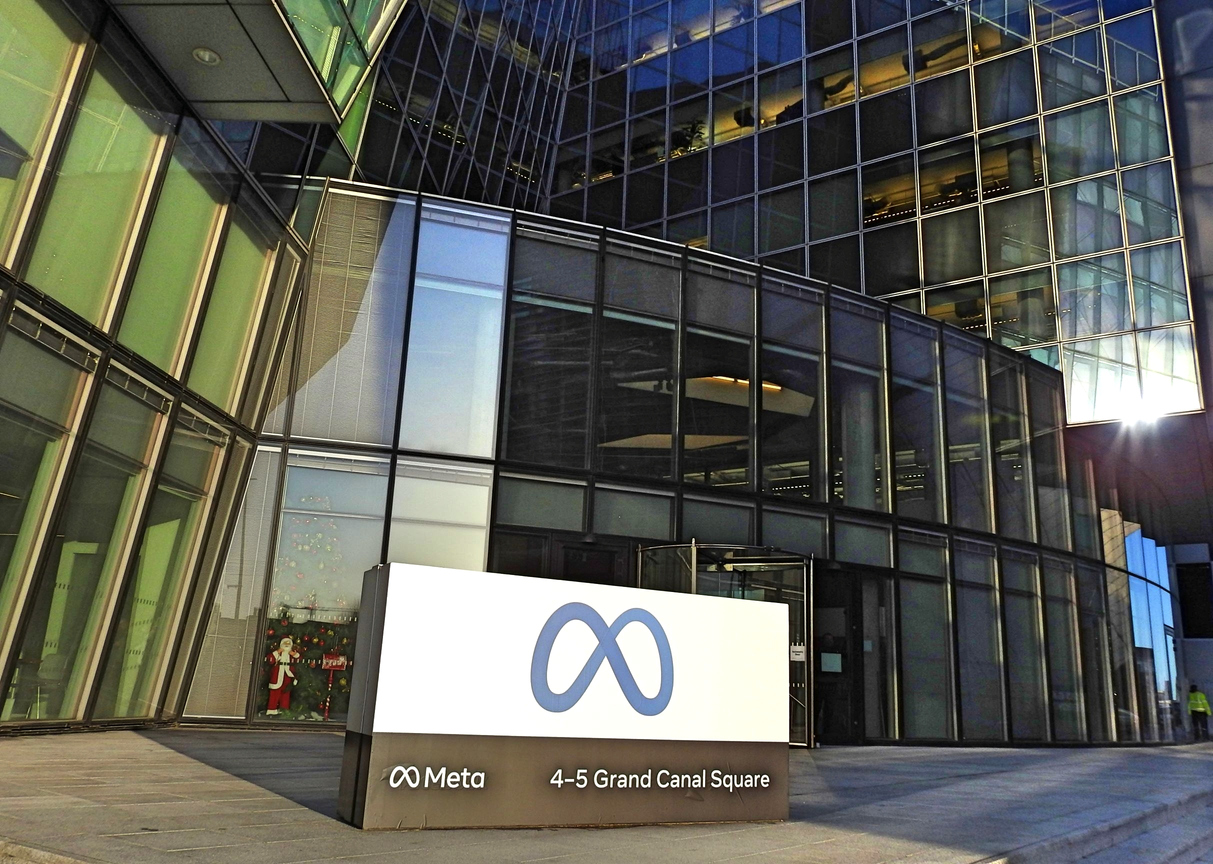Meta hits back at former worker after explosive allegations; British bank chief doubles down on shorter work-week
Plus: Study shows empathetic leaders have more productive remote and hybrid employees.

Greetings, comms pros! Let’s take a look at a few news stories from the past week and see what we can learn from them.
1. Meta goes on defense as ex-Facebook employee alleges sexual harassment and human rights issues
Meta has responded after a former employee lobbed explosive allegations against the tech giant in a memoir, accusing the company of an environment rife with sexual harassment and human rights problems. The author, Sarah Wynn-Williams said in her new book that the company created a revenge campaign against her when she reported her boss, current Meta chief global affairs officer Joel Kaplan, for sexual harassment.
The company hit back at the former employee’s claims, questioning their veracity and timing.
“This is a mix of out-of-date and previously reported claims about the company and false accusations about our executives,” it said in a statement.
The company also accused Wynn-Williams of being “an anti-Facebook activist.” Since she left Facebook, she has advocated publicly for the company’s shareholders to adopt new policies regarding sexual harassment and China.
“Whistleblower status protects communications to the government, not disgruntled activists trying to sell books,” the company said.
If these allegations are true, that’s obviously one situation. But even if they aren’t, it’s worth taking a look at Meta’s tone and the implications for current employees. When organizations hit back against employees in these sensitive cases, it’s entirely possible a ripple effect can permeate through the company’s culture negatively. For instance, an employee who’s facing similar treatment may not come forward after seeing how the company talked about Wynn-Williams’ case, perceiving the company as hostile and unwilling to listen to their plight.
When you’re communicating about a crisis in the public eye, your organization needs to take special care to consider how current employees will receive the news. Internal and external communication are always tied to one another, and if you aren’t careful you risk damaging your employer brand and company culture.
2. British bank CEO staunchly defends four-day-workweek
Mark Mullen, CEO of UK-based Atom Bank, drew attention this week when he claimed that his company’s four-day work-week is ahead of the curve. He said that because of the advancements of AI tech, fewer work days will be a prominent feature of the future of work.
“I think a four-day week isn’t progressive, it’s bloody logical,” said Mullen.
“And I expect that before I shuffle off my mortal coil, there’ll be organizations offering a three-day week because why wouldn’t you when the alternative is essentially a no-day week? I just don’t understand how people can say a five-day week, which is a pre-Victorian invention, still works in the digital age.
“Project forward and ask yourself whether people are going to be working more hours or less hours. Project forward, and ask yourself whether the world of work that we grew up in over the last 40 years is going to be radically different over the next 40 years.”
Mullen added that part of his reason for the policy is the need to attract the best talent in the market. It’s also notable that he called every employee of the company his “colleague” as opposed to “employee.” Wording matters!
“My attitude to my colleagues is that they sell their talent for hire to me,” said Mullen.
“Therefore the onus is on me to make sure that I provide a brand, a culture, a reward proposition, and a working experience that is attractive to them.
Mullen’s stance on employee-first leadership messaging is notable for a few reasons. First, he accepts responsibility when it comes to providing a great place to work and a robust culture. That’s a hallmark of effective leadership communication. If your leaders step up and own that responsibility, people are more likely to notice and feel that the company has effective people in charge.
Additionally, Mullen’s choice to carefully term his employees as his colleagues and double down on a workplace policy that allows them more free time is a great way to build a culture that rallies around a leader and is willing to go to bat for him. His choices stand to make Atom Bank a more popular place to work with employees on the open market and keep retention high, and that’s just good business.
The moves leaders make and how they speak about them go beyond just impacts on employee life — they don’t happen in a vacuum and workers will take notice. Making smart moves as a leader can both shore up your culture and even pad the bottom line.
3. Study: Empathetic leadership creates more productive remote and hybrid workers
A recent study from Durham University and Athens University found that leaders and managers who show understanding and emotional connection with remote and hybrid workers are more likely to see increased productivity.
The study focused on three main elements — how leaders created employee structure, how they talked about their vision for work and their consideration for others. The study found that when managers and leaders were successful with each of these elements, employees felt closer and more trusting. This in turn led to higher productivity levels.
Communication touchpoints are especially important for remote and hybrid workers since traditional physical meetings aren’t part of the leader-employee relationship. The data supports conventional knowledge that the more considerate of individual situations and understanding in your words to others within your company, the more likely you are to get better work out of your team.
Just because your team is dispersed doesn’t mean you can overlook close points of contact. Ensure that you’re putting in the work to find common ground with those in remote and hybrid. Team check-ins that touch on how the team is holding up personally and treating pain points with empathy can help form all-important trust bonds that lead to higher productivity and an increased likelihood of employee retention. The data proves as much.
4. How about some good news?
- The world’s largest underground thermal lake was discovered in Albania.
- Archaeologists in Denmark found a 4000-year-old “Stonehenge-like” circle of wooden posts.
- Scientists said a lake in Turkey is strikingly similar to a crater on Mars in its composition.
- Ragan Training is great for communications pros to find inspiration and resources.
- You should be rewarded for your work. Find out how to earn an award here!
Have a great weekend comms all-stars!
Sean Devlin is an editor at Ragan Communications. In his spare time he enjoys Philly sports and trivia.







